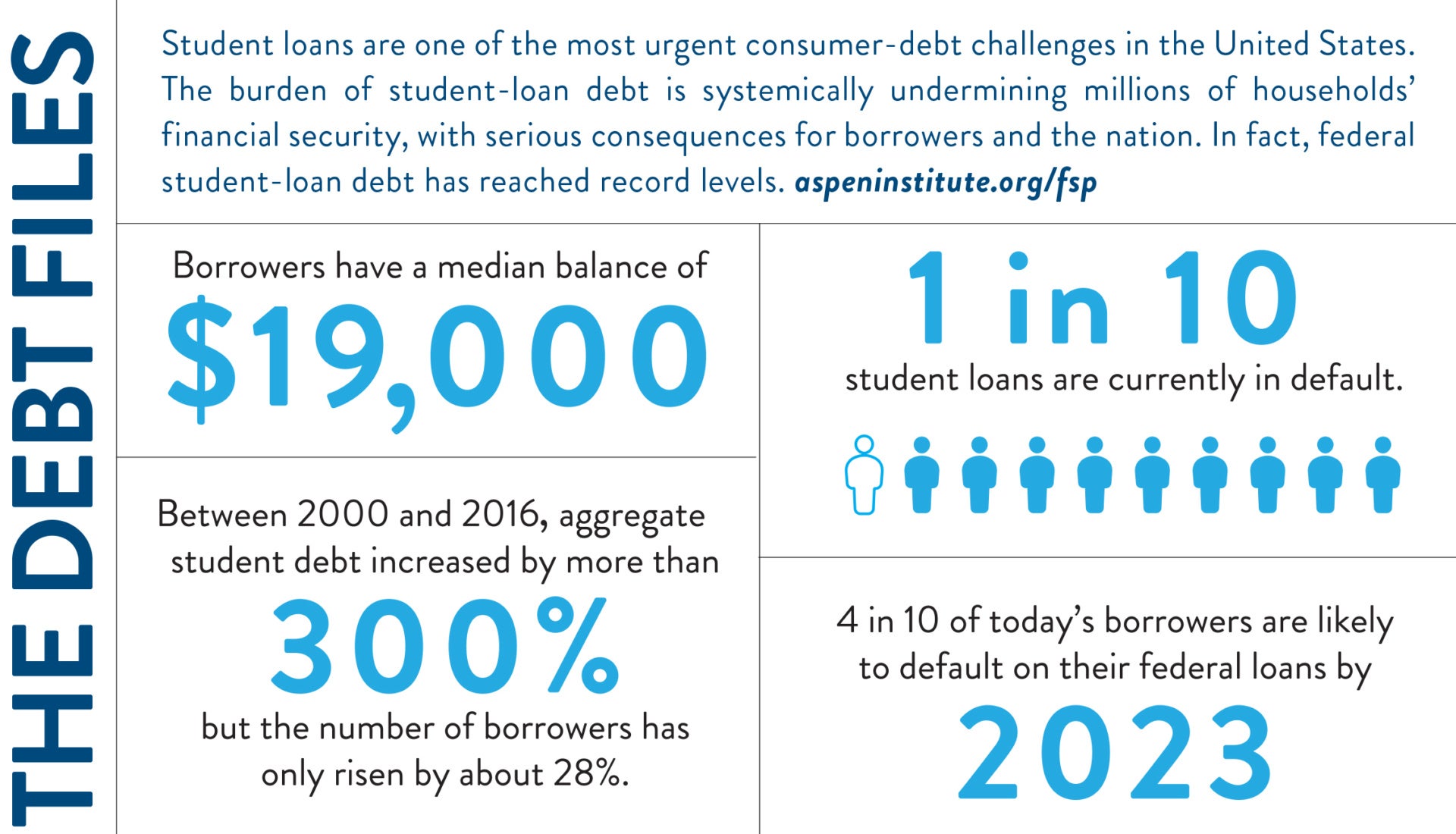US student-loan debt—which for many can lead to higher stress, poorer health, and lower savings for retirement—is a hot topic of debate among everyone from advocates, to borrowers, to 2020 presidential candidates. The Institute’s Financial Security Program and the Bipartisan Policy Center recently hosted an event on Capitol Hill to explore the best policy and system reforms for future generations and the economy. The event launched the latest Financial Security Program brief, Student Loan Cancellation: Assessing Strategies To Boost Financial Security And Economic Growth, which focuses on 16 debt-relief proposals put forth by policymakers from across political parties, all designed to aid 44 million student borrowers. The proposals vary from targeted reforms of federal repayment plans to a total cancellation of $1.5 trillion in outstanding federal student-loan debt. US Representative Donna Shalala argued that states’ disinvestment in higher education helped create the problem, and suggested reducing the length of repayment terms and expanding debt forgiveness to those engaged in public service. The problems associated with student-loan debt are systemic and consequential both for today’s debtors and tomorrow’s college students—but they are also solvable.
